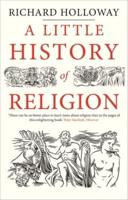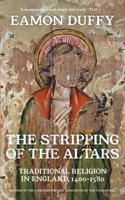Publisher's Synopsis
The chantries of medieval England were founded in the belief that intercessory masses shortened the period spent by souls in purgatory. They played a greater role in the daily life of sixteenth-century Englishmen than did monasteries, yet up to now the dissolution of the chantries has not been a popular subject of study. Alan Kreider rectifies this, establishing the importance of the chantries in the story of late medieval and Reformation England. He discusses their social and religious significance. He explains the role of purgatory in the founding of chantries and in the theological debates, popular preaching and political struggles unleashed by the Reformation that led to their confiscation. He explores the forces that led the governments of Henry VIII and Edward VI to jettison traditional practices, and he underlines the pain of state-fostered religious change.









